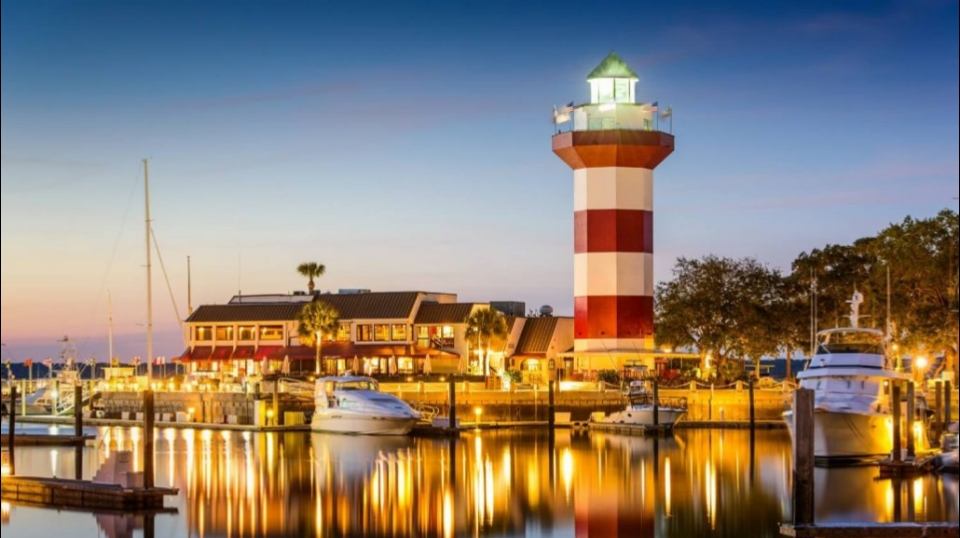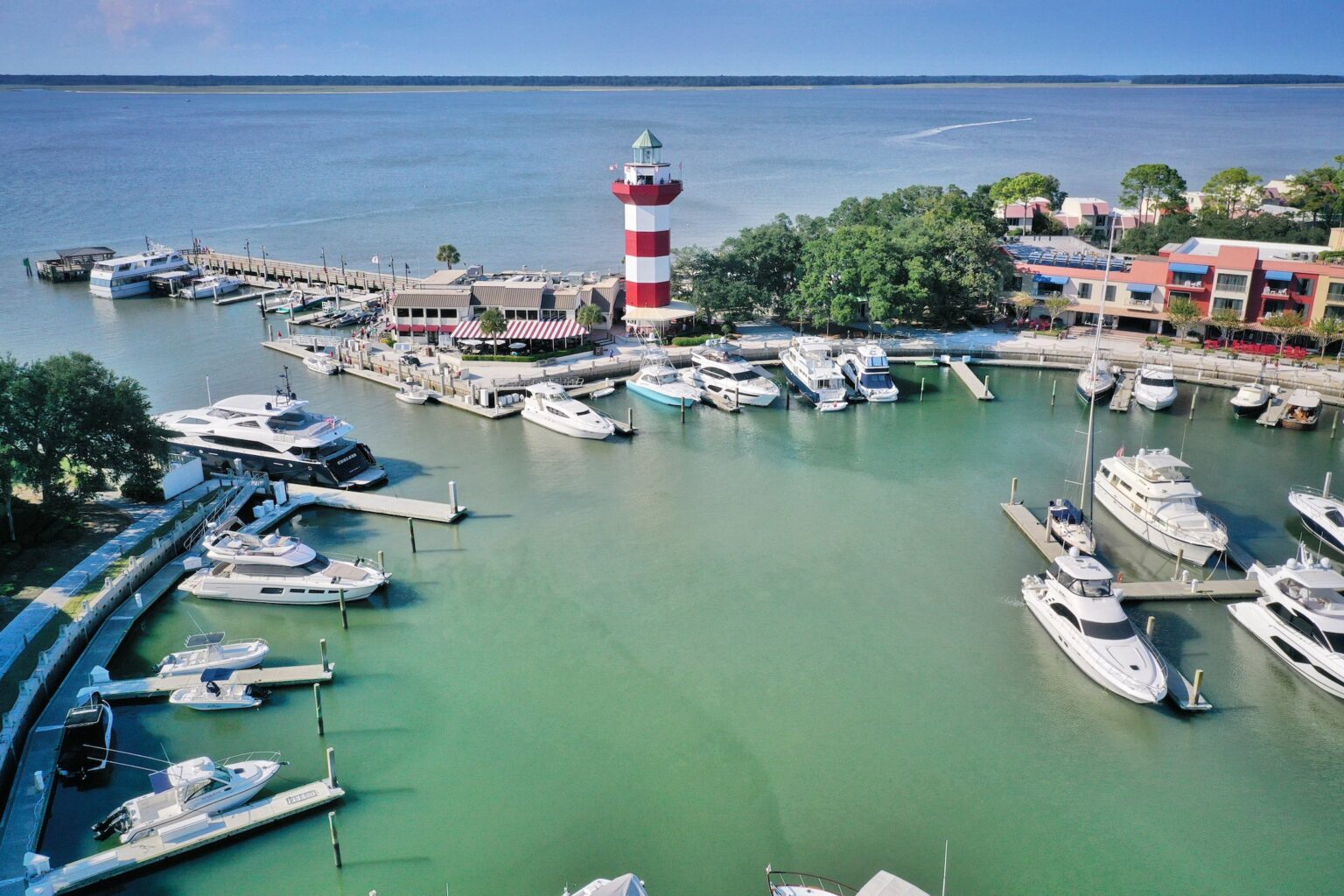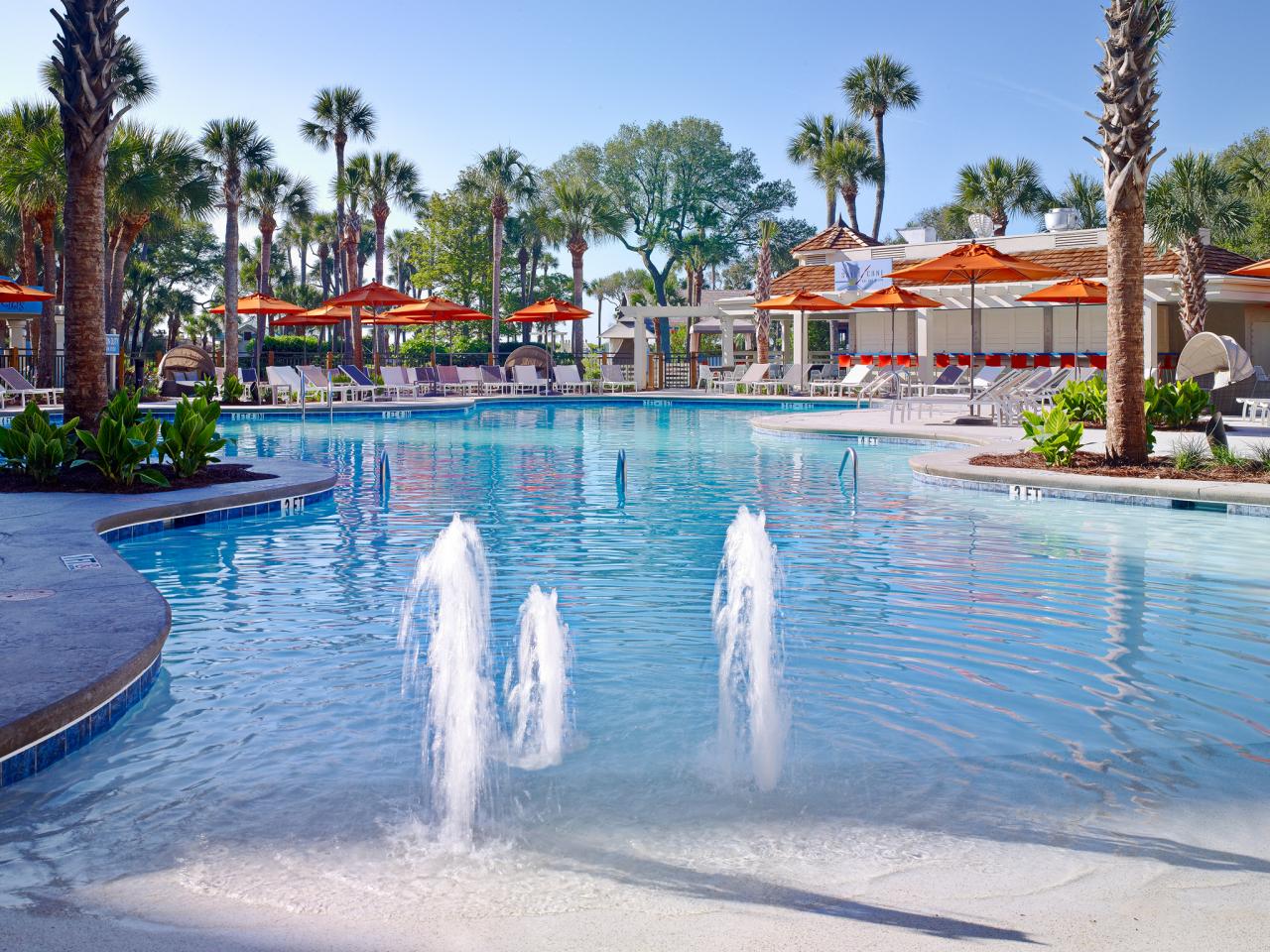HILTON HEAD ISLAND SERVICES
SERVICES



History Of Hilton Head Island South Carolina
The History of Hilton Head Island, South Carolina
Nestled along the enchanting coastline of South Carolina, Hilton Head Island has a rich and diverse history that spans centuries. From its early Native American inhabitants to its transformation into a premier vacation destination, Hilton Head Island has witnessed remarkable changes, making it a unique and cherished place to explore today.
Early Inhabitants:
Long before European settlers arrived, Hilton Head Island was inhabited by indigenous people, primarily the Yemassee tribe. These Native Americans lived in harmony with the island’s abundant natural resources, relying on fishing, hunting, and farming to sustain their communities.
Colonial Era:
Hilton Head Island played a crucial role during the colonial period. In 1663, English Captain William Hilton discovered the island and gave it its name. During the late 17th century, the island became a key outpost for English settlers. It was used as a base for farming, livestock grazing, and rice cultivation, thanks to its fertile soil and mild climate. African slaves were brought to the island to work on these plantations.
Revolutionary War and Civil War:
Hilton Head Island’s strategic location made it a focal point during the American Revolutionary War. British forces occupied the island in 1780, and it remained in their hands until the war’s end. During the Civil War, the island once again played a pivotal role. Union forces captured Hilton Head in 1861 and maintained control throughout the conflict. It served as a crucial supply base and staging ground for Union forces operating in the South.
Post-Civil War Reconstruction:
After the Civil War, Hilton Head Island experienced a period of transformation. Many freed slaves remained on the island, creating a vibrant Gullah Geechee culture that still thrives today. Agriculture, including the cultivation of sea island cotton and indigo, continued to drive the island’s economy.
20th Century Development:
In the 20th century, Hilton Head Island began to evolve into a popular vacation destination. In 1956, Charles Fraser, a visionary developer, started transforming the island into a planned resort community. He implemented careful land-use planning and environmental conservation efforts, which have preserved the island’s natural beauty.
Modern-Day Hilton Head:
Today, Hilton Head Island stands as a testament to both its rich history and its commitment to preserving its natural resources. The island boasts pristine beaches, world-class golf courses, and a wide array of recreational activities. Visitors can explore the Gullah Geechee culture through storytelling, music, and art. The island also remains a sanctuary for wildlife, with numerous nature preserves and parks.
Incorporated as a town in 1983, Hilton Head has continued to thrive as a prime destination for vacationers, retirees, and nature enthusiasts. The island’s growth has been carefully managed to protect its unique environment and maintain its reputation as a haven of tranquility and natural beauty.
In conclusion, Hilton Head Island’s history is a compelling tapestry woven from the threads of Native American heritage, colonial expansion, military significance, and modern-day resort development. Today, it stands as a testament to the resilience of its people, the beauty of its environment, and the harmonious coexistence of its past and present. Whether you visit for its history, its natural wonders, or simply to relax on its pristine shores, Hilton Head Island continues to offer a captivating experience for all who venture to explore its shores.
Claim Your Free Listing
If you’re a business providing products or services to homeowners in South Carolina, be sure to claim your free listing now. Our online directory is the most effective tool to reach homeowners who need what you have to offer. Trust us, your competition’s already done it. They know: if you’re not online, you’re hard to find. Boost your business credibility with customers. Feel proud of the professional image you create for your business.